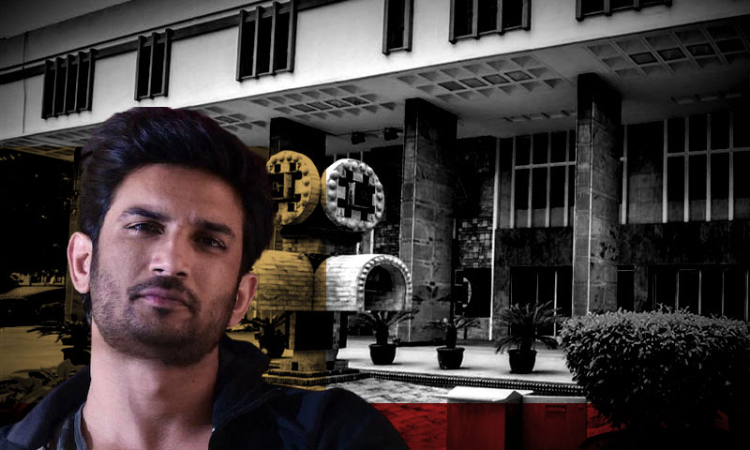Sushant Singh Rajput Case : Are Celebrity Rights Available Posthumously? Delhi High Court To Decide
Shreya
10 Jun 2021 4:46 PM IST

The Delhi High Court will decide if Sushant Singh Rajput's family can claim his 'celebrity rights' to stop the use of their son's name and image for movies without their permission.
Next Story


